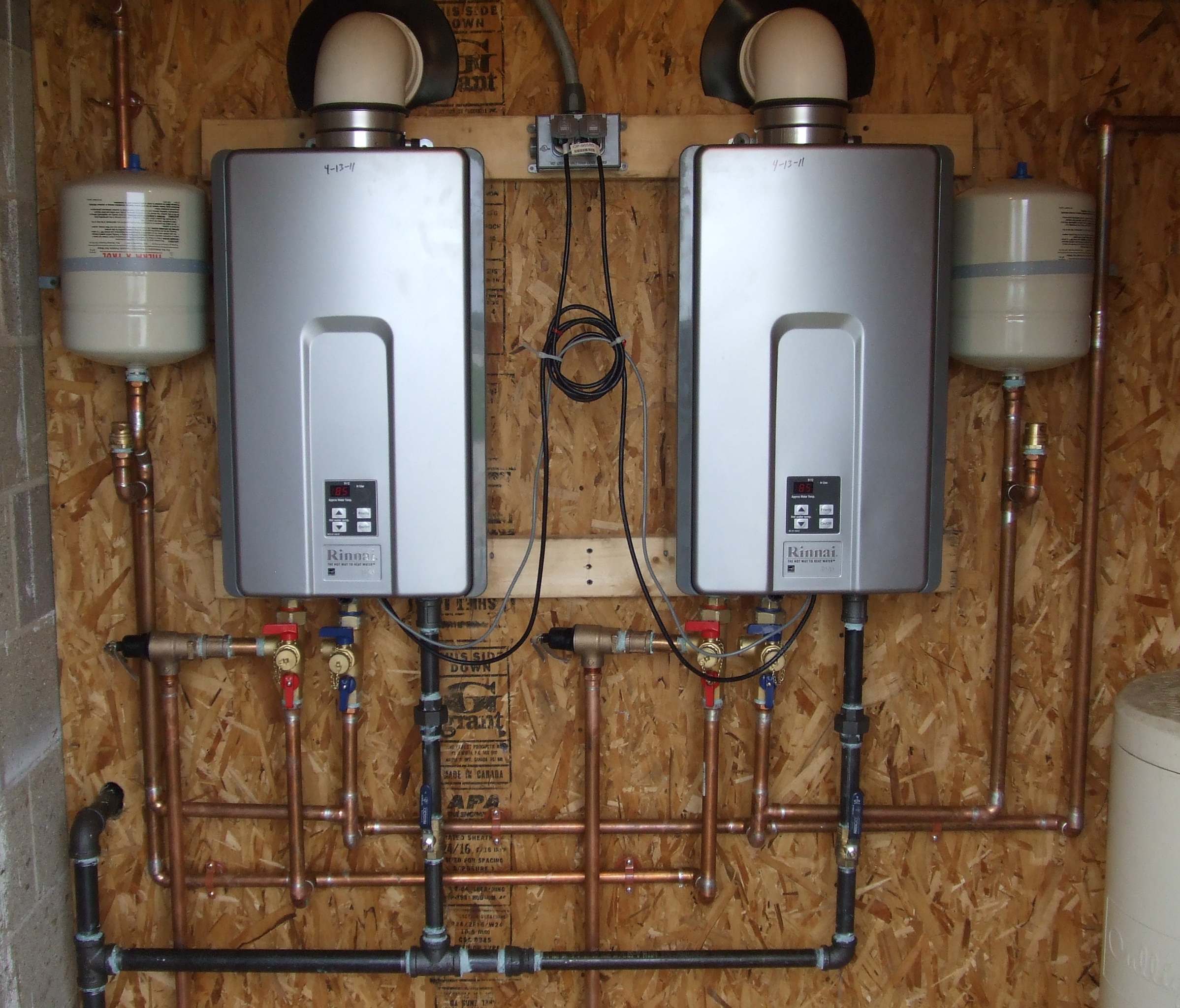Fixing Standard Water Heater Malfunctions
Fixing Standard Water Heater Malfunctions
Blog Article
Just about every person has got their own unique theory about Water Heaters Problems.

Imagine starting your day without your routine warm shower. That already establishes an inadequate tone for the rest of your day.
Every residence needs a trustworthy hot water heater, but just a couple of understand exactly how to take care of one. One very easy means to maintain your water heater in leading shape is to check for mistakes consistently as well as fix them as quickly as they appear.
Remember to switch off your water heater before smelling around for mistakes. These are the water heater faults you are probably to run into.
Water too warm or too chilly
Every water heater has a thermostat that identifies exactly how hot the water obtains. If the water coming into your house is as well warm despite establishing a hassle-free maximum temperature, your thermostat could be faulty.
On the other hand, too cold water might result from a stopped working thermostat, a busted circuit, or inappropriate gas circulation. For example, if you utilize a gas hot water heater with a broken pilot light, you would certainly obtain cold water, even if the thermostat is in ideal condition. For electric heaters, a blown fuse may be the culprit.
Insufficient hot water
Water heaters been available in numerous dimensions, depending on your warm water needs. If you run out of warm water prior to everybody has actually had a bath, your water heater is also small for your family size. You must take into consideration installing a bigger water heater tank or choosing a tankless water heater, which takes up less space and is extra resilient.
Strange noises
There go to least five kinds of noises you can hear from a water heater, however the most usual analysis is that it's time for the water heater to retire.
Firstly, you ought to be familiar with the normal sounds a hot water heater makes. An electrical heating system might sound various from a gas-powered one.
Popping or banging sounds typically mean there is a piece of sediment in your storage tanks, and it's time to clean it out. On the other hand, whistling or hissing sounds may merely be your shutoffs letting some pressure off.
Water leaks
Leaks could originate from pipes, water links, valves, or in the worst-case situation, the container itself. With time, water will rust the tank, and also locate its way out. If this happens, you need to change your water heater as soon as possible.
Nonetheless, before your change your entire container, make sure that all pipes are in area and that each valve functions flawlessly. If you still require help recognizing a leakage, call your plumber.
Rust-colored water
Rust-colored water means one of your hot water heater components is rusted. Maybe the anode rod, or the storage tank itself. Your plumber will certainly have the ability to determine which it is.
Warm water
Despite exactly how high you set the thermostat, you won't get any warm water out of a heating unit well past its prime. A water heater's efficiency may lower with time.
You will likewise get lukewarm water if your pipelines have a cross link. This suggests that when you switch on a faucet, hot water from the heater moves in together with normal, cold water. A cross connection is easy to spot. If your hot water taps still follow shutting the hot water heater shutoffs, you have a cross link.
Discoloured Water
Corrosion is a significant source of unclean or discoloured water. Corrosion within the water storage tank or a falling short anode pole could cause this discolouration. The anode pole safeguards the tank from rusting on the inside and need to be inspected yearly. Without a pole or an effectively working anode rod, the warm water promptly corrodes inside the container. Call a professional hot water heater professional to identify if changing the anode pole will deal with the trouble; if not, replace your water heater.
Conclusion
Preferably, your hot water heater can last ten years before you require a modification. Nonetheless, after the 10-year mark, you may experience any one of these faults much more on a regular basis. Now, you must add a new hot water heater to your budget plan.
How To Troubleshoot 3 Common Water Heater Problems in Twin Cities
The Water Heater Is Leaking
A leaky cold water inlet valve A loose pipe fitting A leaky temperature and pressure relief valve A corroded anode rod A cracked tank Turn Off Your Water Heater:
Shut off your gas water heater by turning the gas valve on the unit to the “OFF” position. Shut off your electric water by switching its power off at your electrical panel. Look for a two-pole breaker labeled “water heater” and turn it to the “OFF” position. Move the ball valve connected to the water heater to be perpendicular to the piping at a 90° angle. Look for the Leak:
Depending on whether the water is coming from the tank's top or bottom, you’ll want to look for the leak in different locations.
If the leak comes from the top of the tank, carefully look for water escaping from the cold water inlet valve or loose pipe fittings. Rusted hot and cold water valves can have loose connections with the tank, with water leaking out of them.
https://mspplumbingheatingair.com/blog/how-to-troubleshoot-3-common-water-heater-problems
As an avid reader on Common Problems with Your Home Water Heater, I figured sharing that article was worth the trouble. Are you aware of another person who is in to the niche? Please feel free to share it. We recognize the value of reading our article about Common Problems with Tank Water Heaters.
Immediate assistance? Ring! Report this page